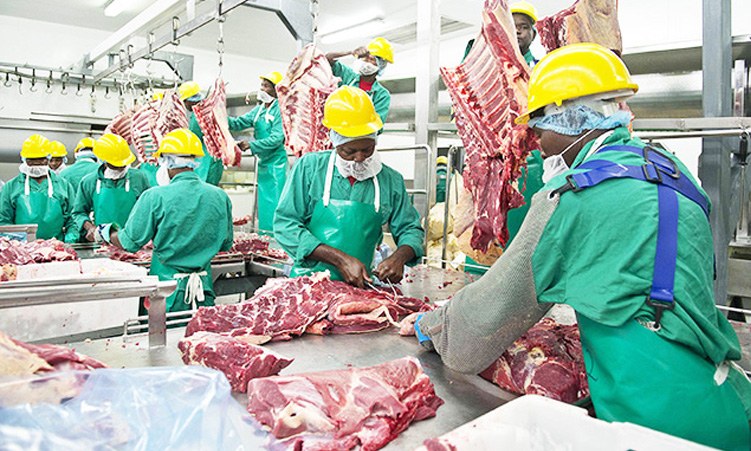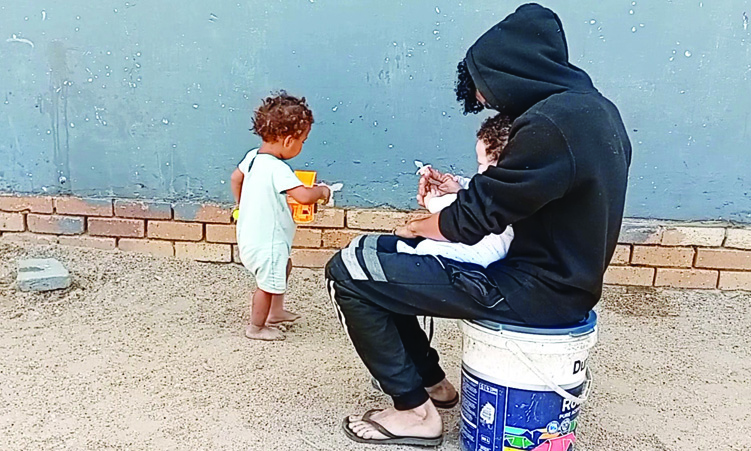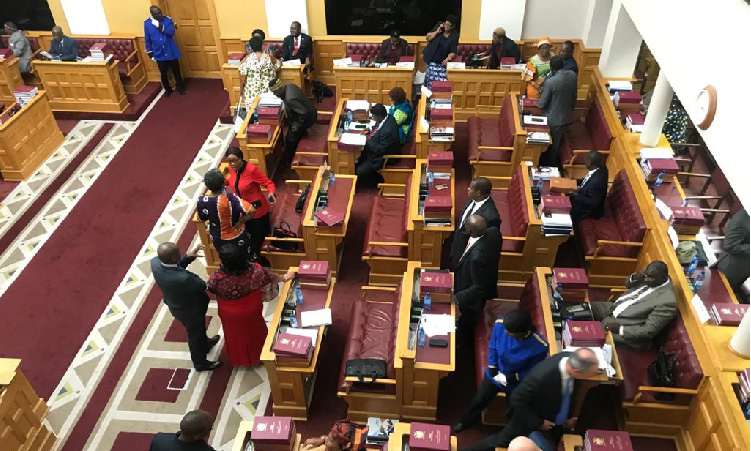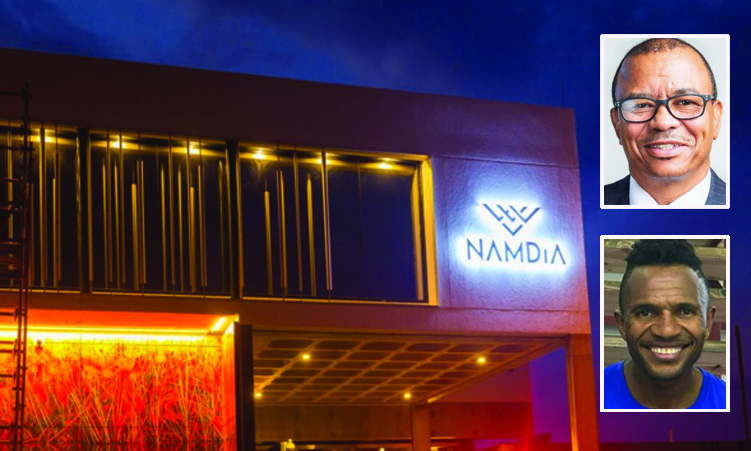KINSHASA – International rights groups pressed the World Bank on Tuesday to investigate two new contracts signed by Congo state mining giant Gecamines, saying they risked derailing efforts to reform the crippled company.
Democratic Republic of Congo is struggling to emerge from years of war and chaos, much of it fuelled by fighting over the control of its natural wealth, which includes timber, diamonds, gold and the copper Gecamines produces in Katanga province. Three rights groups, including British-based Rights and Accountability in Development (RAID), said Gecamines had struck deals with foreign companies which sold off Congo’s resources too cheaply and were in any case illegal, because contracts were awarded without international invitations to tender.”Gecamines, which was in the early 1990s the most lucrative source of state revenue in the Congo, has been virtually stripped of all of its assets …through a number of disadvantageous contracts,” the groups said in a statement.The World Bank is trying to help restructure Gecamines, which once produced 500 000 tonnes of copper a year but all but ground to a halt under the rule of late dictator Mobutu Sese Seko as earnings were stolen and investment dried up.Paul Fortin, head of a team of experts brought in by the World Bank to restructure Gecamines, said this month it needed to fire almost half its 12 000 staff and said it would continue working with foreign partners as well as developing mines alone.The rights groups pointed to deals with two British Virgin Island-based firms signed despite World Bank-hired consultants’ warnings of a potential “fire-sale” of Congo’s minerals and calls in 2003 for an immediate halt to negotiations.The groups, which also include Belgium-based organisations Broederlijk Delen and 11.11.11, said independent experts should now examine the legality of other mining contracts signed by Congo’s transitional government.Peace deals that officially ended Congo’s last conflict – which raged from 1998-2003 and continues to simmer in the east – have encouraged further investment in the country.But critics say the plunder of its resources during the war only benefited the elites who controlled the various factions and are now in a transitional government in Kinshasa.A parliamentary investigation seen by Reuters last week found that dozens of government contracts struck during Congo’s wars needed to be renegotiated and that some companies should be closed and leading individuals brought to justice.The commission also concluded that the current transitional government had worsened, rather than controlled, the pillaging.The rights groups said the World Bank should carry out an urgent inquiry into how Congo’s most important mineral reserves had been awarded without an international invitation to tender.- Nampa-ReutersThree rights groups, including British-based Rights and Accountability in Development (RAID), said Gecamines had struck deals with foreign companies which sold off Congo’s resources too cheaply and were in any case illegal, because contracts were awarded without international invitations to tender.”Gecamines, which was in the early 1990s the most lucrative source of state revenue in the Congo, has been virtually stripped of all of its assets …through a number of disadvantageous contracts,” the groups said in a statement.The World Bank is trying to help restructure Gecamines, which once produced 500 000 tonnes of copper a year but all but ground to a halt under the rule of late dictator Mobutu Sese Seko as earnings were stolen and investment dried up.Paul Fortin, head of a team of experts brought in by the World Bank to restructure Gecamines, said this month it needed to fire almost half its 12 000 staff and said it would continue working with foreign partners as well as developing mines alone.The rights groups pointed to deals with two British Virgin Island-based firms signed despite World Bank-hired consultants’ warnings of a potential “fire-sale” of Congo’s minerals and calls in 2003 for an immediate halt to negotiations.The groups, which also include Belgium-based organisations Broederlijk Delen and 11.11.11, said independent experts should now examine the legality of other mining contracts signed by Congo’s transitional government.Peace deals that officially ended Congo’s last conflict – which raged from 1998-2003 and continues to simmer in the east – have encouraged further investment in the country.But critics say the plunder of its resources during the war only benefited the elites who controlled the various factions and are now in a transitional government in Kinshasa.A parliamentary investigation seen by Reuters last week found that dozens of government contracts struck during Congo’s wars needed to be renegotiated and that some companies should be closed and leading individuals brought to justice.The commission also concluded that the current transitional government had worsened, rather than controlled, the pillaging.The rights groups said the World Bank should carry out an urgent inquiry into how Congo’s most important mineral reserves had been awarded without an international invitation to tender.- Nampa-Reuters
Stay informed with The Namibian – your source for credible journalism. Get in-depth reporting and opinions for
only N$85 a month. Invest in journalism, invest in democracy –
Subscribe Now!









